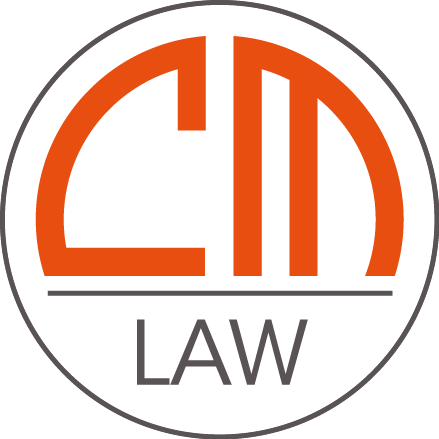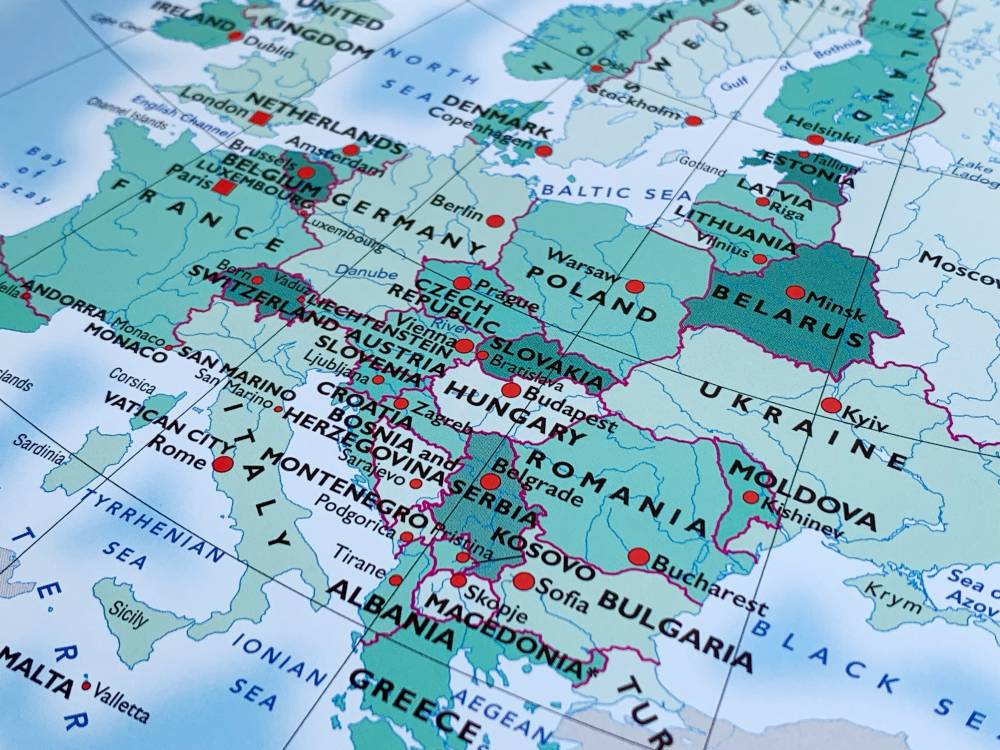More than three decades after the fall of the Communist bloc, corruption remains a worrying reality in many Eastern European countries. Despite ongoing efforts to reform institutions, limit the power of oligarchies and enhance transparency, illicit practices persist, often reinforced by networks of interests combining political, economic and sometimes criminal powers.
A succession of scandals in several Eastern European countries, including those integrated into the European Union, cast doubt on the ability of these states to make a lasting break with their authoritarian, clientelist past. This phenomenon raises a recurring question: is it a structural legacy of the Soviet era, or is it a system maintained by the tolerance, or even complicity, of transnational economic interests?
The Corruption Perceptions Index: an essential barometer
Every year, the NGO Transparency International publishes the Corruption Perceptions Index (CPI), a global ranking based on the perception of corruption in the public sector. In 2024, as in previous years, the results are worrying: more than two-thirds of countries score below 50 out of 100, indicating high levels of perceived corruption.
The CPI defines corruption as the abuse of public office for private gain. It is based on data from independent institutions and opinion surveys of experts and business leaders. A score close to 100 indicates an administration perceived as having a high level of integrity; a low score reflects endemic corrupt practices, a lack of sanctions and mistrust of public institutions.
Eastern Europe lags behind, despite some progress
In 2024, Western Europe and the EU maintained a respectable average score of 66, while Eastern European countries – notably Bulgaria (45), Romania (46) and Hungary (42) – stagnated or regressed. Hungary, led by Viktor Orbán, is now ranked among the EU’s most corrupt countries, not least because of its controversial use of EU funds to benefit those close to the government.
In Romania, although some emblematic convictions have left their mark – such as those of Liviu Dragnea, Radu Mazăre and Sorin Blejnar – cases involving multinationals such as Oracle and Veolia have revealed another dimension of the problem: the tolerance of major corporations towards the practices of their local subsidiaries. Investigations have brought to light sophisticated corruption mechanisms, with a high cost for the Romanian state in both fiscal and social terms.
Bulgaria: symbol of an entrenched system
Bulgaria remains the EU’s lowest-ranked country. Already in 2019, members of the government were caught up in the so-called “luxury apartments” scandal, revealing a system of favoritism and misappropriation of public funds. These practices are part of a complex web of relationships of influence – family, political, economic, even mafia-like – inherited from the networks of the planned economy.
Recommendations still valid today
Transparency International stresses the urgent need to strengthen political integrity, in particular through :
– strict regulation of the financing of political parties and election campaigns;
– rigorous management of conflicts of interest;
– strengthening the independence of the judiciary and the media;
– and transparency in the awarding of public contracts.
The NGO’s Executive Director, Patricia Moreira, reminded us that “tackling the link between money and politics is the only credible way of curbing systemic corruption”.
A multi-speed Europe in the face of corruption
While Nordic countries such as Denmark, Finland and Sweden remain the best-rated, Eastern European states are struggling to catch up with European standards. Genuinely democratic integration still seems out of reach for some can-didate states, such as Ukraine and Moldova, where reforms come up against powerful internal resistance.
Conclusion
Eastern Europe is still faced with structural corruption, fuelled by a combination of inherited practices, a lack of political will and sometimes complacency on the part of economic players. Fighting this scourge requires solid institutions, an independent press, an impartial judiciary and an active civil society. Until the relationship between power and money is redefined, hopes for trans-parent governance will remain fragile.
Sources :
- Transparency International. (2024). Corruption Perceptions Index 2023. Transparency International. https://www.transparency.org/en/cpi/2023
- Transparency International. (2019). Corruption Perceptions Index 2018. https://www.transparency.org/en/cpi/2018
- Transparency International EU. (2022). Access All Areas: When EU funds go rogue. https://transparency.eu/project/access-all-areas/
- European Commission. (2023). 2023 Rule of Law Report: Country Chapters and Rec-ommendations. Publications Office of the European Union. https://commission.europa.eu/publications/2023-rule-law-report_en
- European Court of Auditors. (2022). The use of European funds in the Member States: effectiveness and risks. https://www.eca.europa.eu
- Freedom House. (2024). Nations in Transit 2024: Confronting Autocracy in Europe and Eurasia. https://freedomhouse.org/report/nations-transit/2024
- Le Monde (2021, March 17). Oracle, Veolia: Romania shaken by corruption cases involving multinationals.
- France 24 (2015, September 23). Romania: Veolia subsidiary accused of massive corruption in Bucharest. https://www.france24.com/fr/20150923-roumanie-corruption-eau-veolia-apa-nova
- RFI. (2024, January 28). Corruption in Hungary: Viktor Orbán at the heart of European criticism. https://www.rfi.fr/fr/
- HotNews.ro. (2020, February 6). Serial corruption convictions: Oracle, Dragnea, Mazăre. https://www.hotnews.ro
- Politico Europe (2023, September 12). Hungary’s EU fund scandal deepens with new findings. https://www.politico.eu
- Center for the Study of Democracy. (2022). State Capture Assessment Diagnostics: Bul-garia, Romania, Hungary. Sofia, CSD. https://csd.bg
- European Stability Initiative. (2020). Hungary: The Worst-Performing Member State in the EU? https://www.esiweb.org



